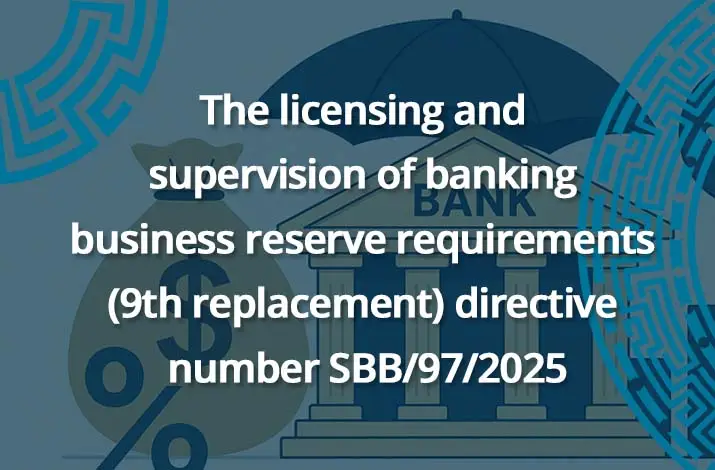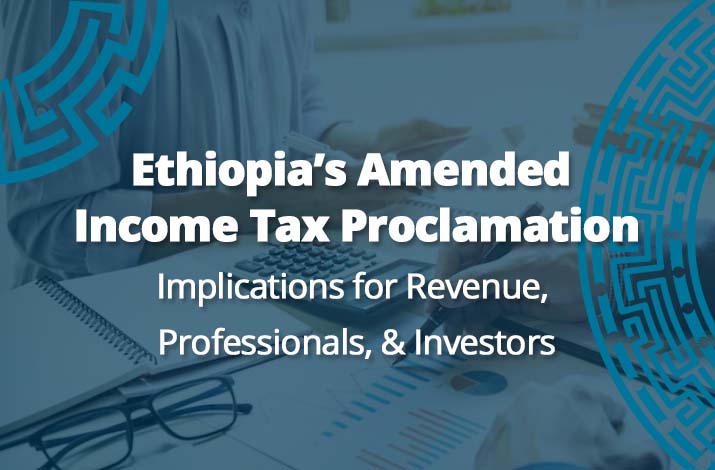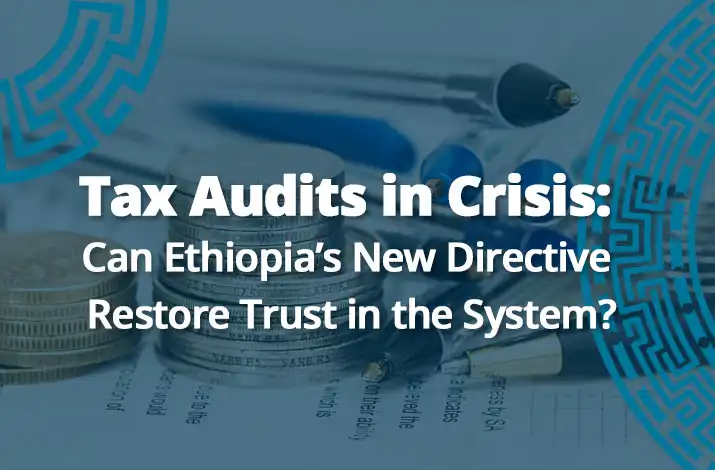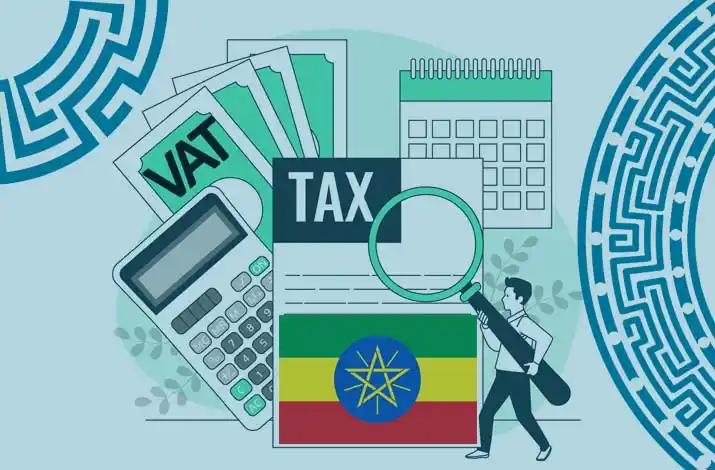Significant Adjustments in Administrative Penalty Waivers Under the New Tax Administration Directive
The Ethiopian tax administration has experienced considerable changes with the implementation of Directive Number 889/2025, which supersedes the previous Directive Number 137/2010. This directive brings important modifications in the categorization and waiver of tax administration penalties. Below is a comprehensive summary of the primary changes and their potential effects:
- Non-Waivable Penalties: The new directive designates penalties for not issuing receipts and for failing to pay stamp duty as non-waivable administrative penalties.
- Adjustments in Penalty Levels: The directive has revised the classification of penalty levels for various tax administration infractions. For example, violations such as failing to maintain accurate tax records, VAT-related penalties, and non-compliance with electronic filing requirements, which were previously considered low-level penalties, have now been reclassified as high-level penalties. Additionally, administrative penalties under the Excise Tax Proclamation are now categorized as medium-level penalties. Furthermore, penalties for late tax payments, once classified as low-level, have been elevated to medium-level penalties. Any penalties not specifically classified in the directive will default to medium-level penalties.
- Changes in Waivable Penalty Percentages: The new directive significantly alters the percentage of penalties eligible for waiver. For instance, under the previous directive, taxpayers who settled their dues in full within 30 days of receiving a tax assessment notice would have their total penalty waived. However, under the new directive, these taxpayers will only have 90%, 80%, or 70% of the penalty waived, depending on the level of the penalties.
- The previous directive considered uniform waiving percentages for penalties, irrespective of whether payments were made before or following tender issues, whereas the updated one introduces vary waiving percentages based on the payment timing: a 10% discount is available for payments made before the tender issue, compared to those made afterward.
- The updated directive adds a further condition for obtaining a complete penalty waiver: Taxpayers who do not submit receipts promptly after making tax payments may still be eligible for a full waiver under certain specified conditions.
- Modifications in Procedures for Special Cases: Previously, taxpayers could directly approach the head of the tax authority to request penalty waivers in special situations. The new directive requires taxpayers to first seek approval from the branch manager for document verification before they can submit a waiver application.
Conclusion
Directive Number 889/2025 marks a notable transformation in the penalty framework of Ethiopia’s tax administration. Taxpayers should become acquainted with the updated penalty classifications, waiving percentages, and procedural modifications to ensure compliance and prevent unnecessary penalties. It is recommended that businesses and individuals seek professional advice to effectively navigate these changes.
Disclaimer: This document provides general information and is not legal advice. Please consult with an attorney or tax professional for advice regarding your specific situation.










